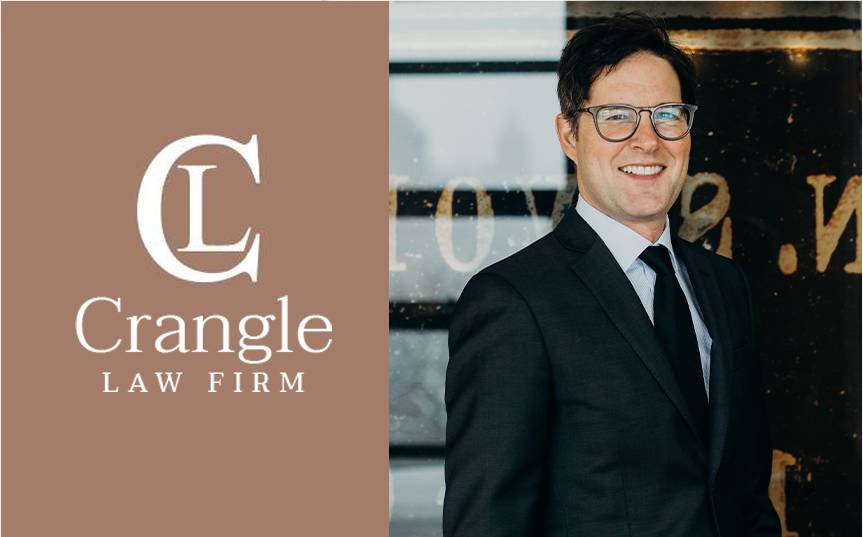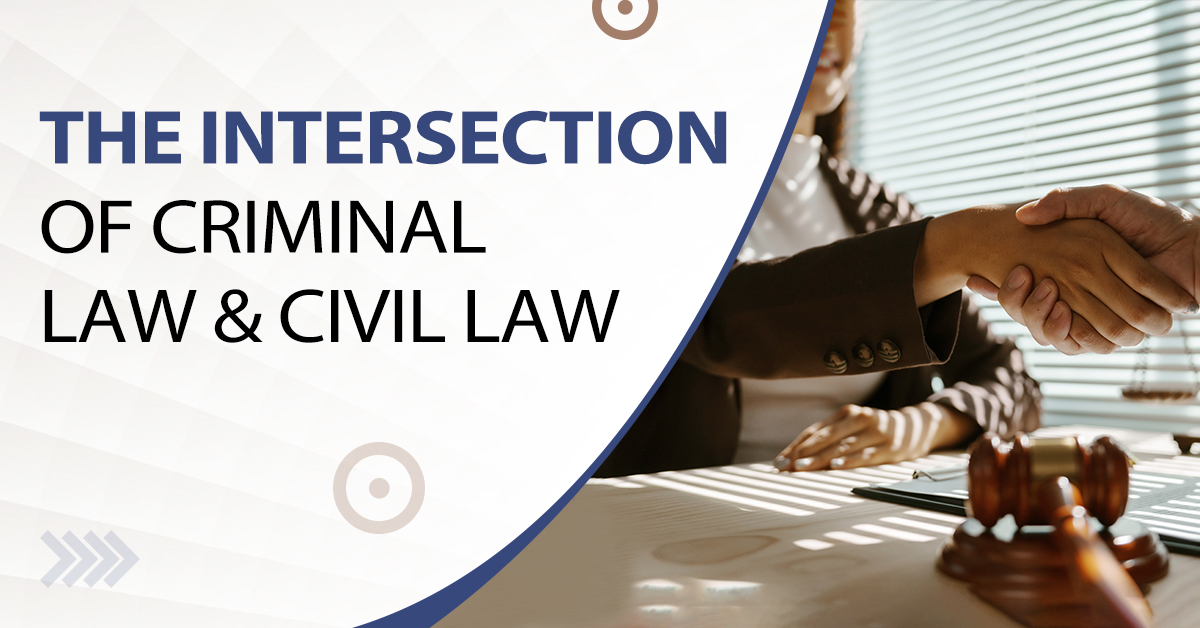How We Can Help
Crangle Law helps individuals and companies navigate challenges with clarity and confidence whether it’s a workplace issue, contract dispute, construction matter, or personal injury claim. Our goal is to resolve conflicts efficiently and deliver practical solutions that protect your interests every step of the way.
Litigation & Dispute Resolution
From business and contract disputes to debt, insurance, or property claims, Crangle Law represents individuals and companies in all areas of litigation. We also defend clients facing RECO charges or Occupational Health and Safety Act (OHSA) violations, helping you
- Civil Litigation
- Small Claims Court
- Arbitration
- Mediation
- Administrative Tribunals
Employment & Workplace Law
Crangle Law advises both employers and employees in all areas of employment law — from wrongful dismissal and severance reviews to workplace investigations and human rights claims. We provide clear, practical advice to help you understand and protect your rights.
- Employment Law
- Workplace Investigations
- Wrongful Dismissal
- Severance Package Review
- Constructive Dismissal & Poisoned Workplace
- Human Rights Claims
- Employment Contracts
- Representing or Defending the Company
Construction & Property Law
As new developments rise across Toronto and the GTA,
Crangle Law helps property owners and developers navigate tieback and crane swing agreements with clarity and
confidence.
- Tieback and Crane Swing Agreements
- Construction License Agreements
- Underpinning Easement
- Encroachment Agreement Lawyer
Transportation & Personal Injury Law
Aaron Crangle provides legal support for transportation, trucking, and logistics companies, as well as for individuals injured in accidents or personal injury claims seeking fair compensation. We handle the unique legal challenges of domestic and international carriers, helping clients
resolve disputes effectively.
In qualifying cases, we don’t get paid unless you do.
- Transportation Law
- Personal Injury Law
Corporate, Business & Commercial Law
Businesses and entrepreneurs rely on sound legal guidance in a wide range of corporate and commercial matters: from contract disputes, business agreements to cross-border and international transactions. We help companies make informed decisions and resolve issues efficiently.
- Corporate Law
- Contract Disputes
- Business Agreements
- International Law
Specialized Legal Services
Offering legal guidance in sports management and entertainment law, Crangle Law supports athletes, agents, and content creative professionals with contracts,
negotiations, and representation that protect their rights and careers.
- Sports Law & Management
- Entertainment Law
- Content Creators

About Aaron Crangle
With over 26 years of legal experience, Aaron Crangle is a trusted litigation lawyer based in downtown Toronto.
Known for his responsiveness and genuine care for his clients, Aaron is the kind of lawyer who
answers the phone when you call, offering straightforward legal advice and personalized attention every step of the way.
Through his firm, Crangle Law, he represents clients across Toronto and the GTA, including
Mississauga, Vaughan, Markham, Richmond Hill, Oakville, and Burlington.
A respected Ontario Bar Association panelist, Aaron is trusted for his strong results and effective representation in civil and commercial litigation.
Why Choose Crangle Law Firm?
With over 26 years of experience, Aaron Crangle offers more than legal representation ,he provides personal attention, practical solutions, and clear communication every step of the way. He has successfully represented clients at the Court of Appeal and all levels of Superior Court.
1
Experienced & Results-Driven
2
Accessible & Responsive
3
Fair & Flexible Fees
What our client say




Blog
The Intersection Between Criminal Law & Civil Law
Got a Legal Tangle?
Contact Aaron Crangle
Have a question? Fill out the form below to connect directly with the lawyer who will personally handle your case-or call for a free consultation today.
